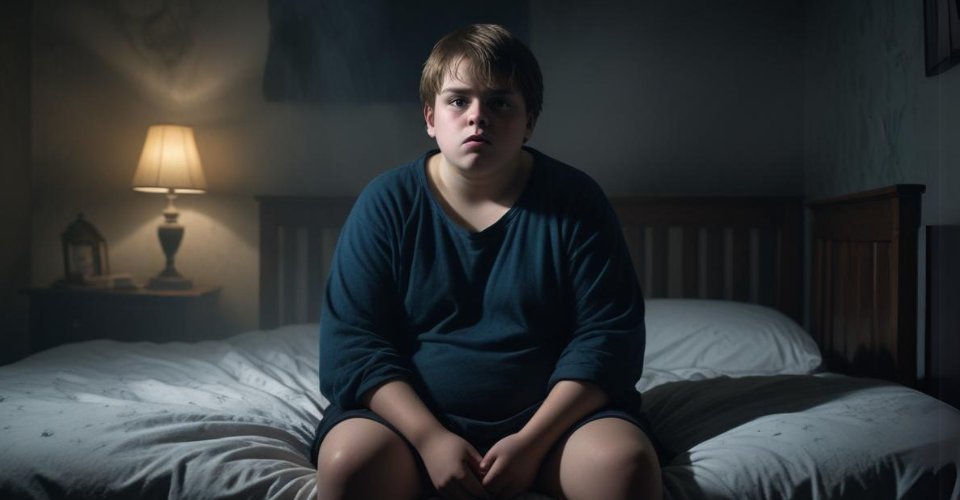Sleep often takes a back seat in this fast-paced world, especially for teenagers who have to juggle between their studies, social life and other extracurricular activities. However, new research shows that insufficient sleep is not just about waking up feeling groggy but also it may have serious implications on cognitive abilities of overweight and obese adolescents.
The number of over-weighted teenagers suffering from the effects of sleep loss is significantly more as compared to their normal weight peers according to recent study published in JAMA Neurology. This finding underscores the importance of addressing sleep hygiene and weight control in order to reduce the health risks facing teens today which are due to increasing obesity rates and chronic sleep deprivation.
The Link Between Weight, Sleep, and Cognition
Studies show that children with obesity experience reduced executive functions while poor sleep worsens the situation. However these connections have remained obscure until university of Alabama scientists under Lindsay M Stager aimed at understanding more about how being severely over-weight or obese (adiposity) relates with sleep in terms of cognition for adolescents.
This comprises of two groups; 31 normal-weight adolescents and 30 overweight or obese individuals.
There was a striking difference in attention scores. Sleep-deprived overweight or obese adolescents also scored much lower on attention compared to their healthy-weight counterparts. This implies that sleep deprivation can have more negative effects on those with higher body fat levels, perhaps affecting their ability to concentrate and excel academically.
Interestingly, when both groups got adequate amounts of sleep, there were no significant differences in cognitive performance across the two categories; this shows that getting enough sleep can help stop cognitive decline even amidst being overweight.
The Broader Implications: Mental Health and Academic Performance
This research has important implications for adolescent mental health as well as academic achievement. Restricting sleep time may lead to impairment in cognition symptoms leading to increased anxiety, depression, poor scholastic performance and even social function. Since these kids already face bullying and esteem problems due to overweight issues among others, it is easy to see how bad sleep could make things worse for them.
Moreover, the researchers pointed out that the cognitive impacts of sleep loss are cumulative. This means that chronic lack of sufficient rest such as during a typical week at school might worsen these consequences over time thus becoming more severe and long-lasting forms of cognitive impairments.
Study Limitations and Future Directions
However, despite its importance; the study had some limitations. The authors noted that within-home sleeping conditions could have caused fluctuations in sleep duration or environment which may have influenced outcomes. More studies are needed because the current sample size is too small besides lacking diversity in order to generalize these findings.
Besides investigating potential interventions aimed at mitigating these effects like through promoting better sleep hygiene and weight management strategies for instance might be critical for protecting at-risk teen’s cognitive well-being against risks inherent from nursery until adolescence stage when majority gain excessive weight.
Conclusion: Prioritizing Sleep and Health in Adolescents
The study emphasizes the need for enough sleep among young people especially those who are obese or overweight. In the wake of increasing numbers of both obesity and sleeplessness, it becomes paramount for parents, teachers and health workers to inculcate good sleeping habits and deal with weight control at an early stage. This will go a long way in safeguarding their cognitive development as well as overall wellbeing.



Leave a Reply
You must be logged in to post a comment.